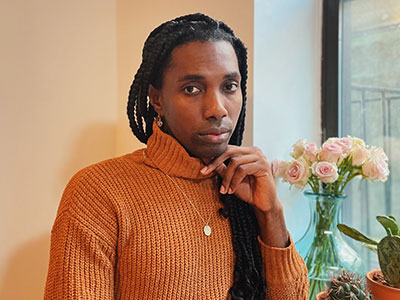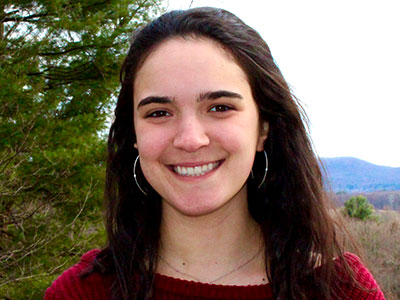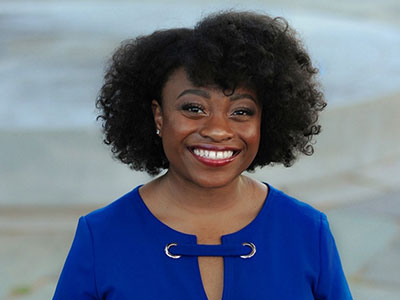Plenty of research shows that small gestures from faculty and staff can make a large difference in a student’s sense of belonging in college and after. To pinpoint the benefit, Amherst’s Center for Teaching and Learning put out a call to recent graduates this summer asking for specific examples of this.
Nineteen alumni responded, writing about interactions that changed their learning experience and helped shape who they are today. With those in hand, the center’s director, Riley Caldwell-O’Keefe, wanted to know more. So she asked five of the respondents to join a panel at the annual Provost’s Retreat on Teaching and Learning, a day-long session for faculty to reconnect with colleagues before the semester begins, to explore ideas for good teaching, and to celebrate classroom successes. Held on Aug. 26, this year’s retreat was titled “Ethic of Care: Relational Teaching and Learning,” and it focused on how to foster meaningful relationships.
Here are the responses from the alumni who joined the panel.




